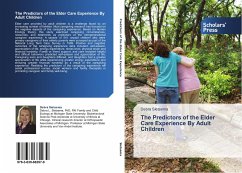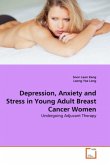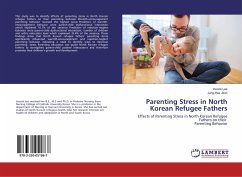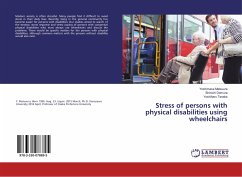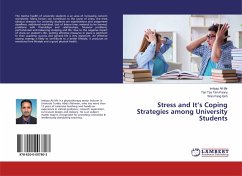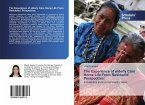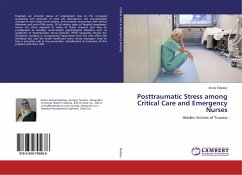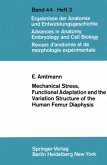Elder care provided by adult children is a challenge faced by an increasing number of families. Most caregiving research has focused on the negative aspects of the caregiving experience. Based on Human Ecology theory, this study examined caregiving circumstances, resources, and deterrents as predictors of the intergenerational caregiver experience. A sample of 541 unpaid children who were primary caregivers of their elderly parents were surveyed as part of the National Long Term Care Survey in 1999. Positive and negative outcomes of the caregiving experience were included: self-esteem, appreciation of life, energy expenditure, stress level, physical strain and financial hardship. Family or friend support, and care recipient helpful and difficult behaviors predicted self-esteem and appreciation of life. Caregiving sons and daughters differed, and daughters had a greater appreciation of life while experiencing greater energy expenditure and enduring greater financial hardship as a result of the caregiving experience. Realizing the predictors of the caregiving experience will assist professional nurses, social workers and family therapists in promoting caregiver and family well-being.
Bitte wählen Sie Ihr Anliegen aus.
Rechnungen
Retourenschein anfordern
Bestellstatus
Storno

